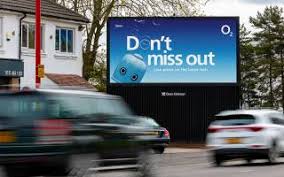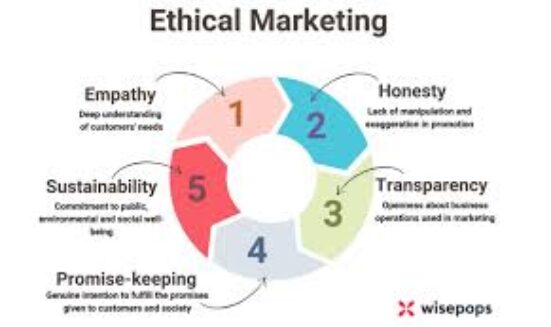Marketing shapes what we think, feel, and buy—but is that always fair? Ads push us to crave the latest item, appeal to our consumerist nature, or believe we need a product to be happier, healthier, or more successful.
But let’s explore the line between smart persuasion and subtle manipulation…

Persuasion or Psychological Trickery?
Marketing is no new thing. From wartime propaganda, to our current electric billboards, it has always influenced public perception. Our ads are significantly more advanced, in terms of intent and presentation. This has led to them being more deceptive. We also live in a time where the truth feels optional, misinformation spreading faster than facts. Therefore, what we call ‘deceptive marketing’ thrives. With deepfake endorsements and AI-generated images and reviews, it’s harder than ever for consumers, like us, to separate the truth from the fantasy. So let’s see how psychologically damaging this fantasy shows itself to be.
The Scarcity Play
Have you ever been influenced to buy something because it was “low in stock”, or released only for a limited period of time, and yet to find it magically restocked the next few days after? That is what we call artificial scarcity, a trick used to create urgency. But you can see how this type of persuasion is highly unsustainable. Short-term gains are promoted while undermining consumer trust and contributing to waste. According to Entrepreneur, the difference between persuasion and manipulation lies in intent. A good ad informs and convinces; a bad one deceives and tricks.
Exploiting the Vulnerable
It’s one thing to sell to willing customers—but what about those who are more easily influenced?
- Fast food ads target children with colorful mascots and toys, encouraging reward to derive from unhealthy eating habits
- Gambling ads flood screens during sports events, tempting those struggling with addiction
- Payday loans promise quick cash to those in financial distress, often trapping them in debt cycles
A Guardian report revealed that betting companies deliberately advertise to at-risk gamblers, making it nearly impossible for them to escape the temptation. And historically, marketing has always found ways to capitalize on new audiences—just look at American 1950s ads that targeted teenagers once they gained spending power. If marketing is supposed to be ethical, why does it so often focus on those least able to resist?




Regulations: do they work?
Technically there are laws to prevent false advertising, but companies still find loopholes. Social media influencers promote products without disclosing sponsorships. Food labels use complex wording like “natural” or “low fat” to sound healthier than they are. Some businesses claim to self-regulate, but is that really enough? And some even cling onto the concept that nearing the boundaries of the law still determines how moral their methods are. Legality should not be synonymous to ethicality.
Marketing may never be 100% ethical, but it doesn’t need to be harmful. Some brands genuinely focus on honesty, transparency, and respect for consumer choice. Ads that depict real benefits without deception, prove that selling doesn’t have to mean manipulating. However, the right thing is not always the most profitable thing, which is unfortunately what some of these companies realise, and touches on a deeper problem of capitalism.

So, Is Marketing Ethical?
At its core, marketing is the process of convincing. But when it crosses into manipulation, especially targeting the vulnerable, it raises ethical concerns. Regulations certainly help, but ultimately, businesses/corporations decide how far they’re willing to go.
If you were a company, would profit always come before ethics?


by Astrid King